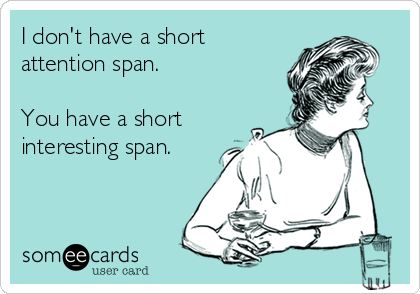I must admit that my love for memes is a newfound addiction. It unwittingly crept up on me during the global timeout. Pre-pandemic, I was one of those old cronies who thought memes were low hanging fruit that appealed to lazy bums on the internet with nothing better to do. Well, that was until I joined the pack of internet zombies whose attention span was shorter than a kitten’s.

The only thing that seemed to hold my attention was ……you guessed it, memes!
Almost overnight, I became this cool relatable internet auntie who has a meme reference for everything. I even went as far as to incorporate them in otherwise boring work emails. The kind that my team would have trashed in the guise of “I did not see it”. They had no such excuse when ignoring the email meant missing out on a fire meme or worse still being left out of the joke or conversation.
These visual delights were like digital windows to our souls. They revealed so much about our inner dialogue and brought to the fore things that only existed in the shadows. Even miles and worlds apart we were the most connected and engaged we’d ever been. Not only did we grow closer but so did our output increase.
The productivity bump was all I needed to dig a little deeper into the mysterious ways of memes. Were they as effective in engaging target audiences as they were in uniting stressed-out coworkers?
The Meme Marketing Psychology.
We are starting to see this trend where people are using content and culture to communicate — it’s not just words anymore. As the trend evolves and mutates, there’s an opportunity for that culture to come from a brand.
In the above post, VeryUk has piggybacked on a popular cultural trend to pass a message to its consumers. They are essentially saying; we are just like you, we watch what you watch and feel what you feel. You can trust us!
The trick is to use memes that strategically stimulate emotional triggers and elicit instinctual gut reactions. When I first saw this meme, I blushed and smiled so hard I peed a little because #guilty.
The consumers end up associating these feel-good vibes with the brand and it can potentially influence how they make decisions. Research suggests that the emotional response to brand ads have more influence on purchase intent than the actual content of the ad.
To Meme Or Not To Meme?
Some memes can tell a story, start a conversation, or explain information (serious stuff, too!), and others make you laugh. Either way, you get the engagement and attention of the consumer.
That said, the meme must accurately speak to your demographic and industry. It’s not a one-size-fits-all solution. The subtext of the meme should be one that’s in line with the brand’s story and voice. If it feels forced, consumers will see it a mile away.
If you’d like to learn more about how to effectively employ this digital-first social media strategy give us a buzz.


